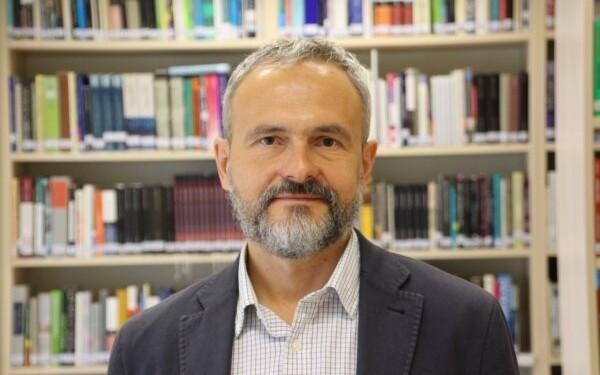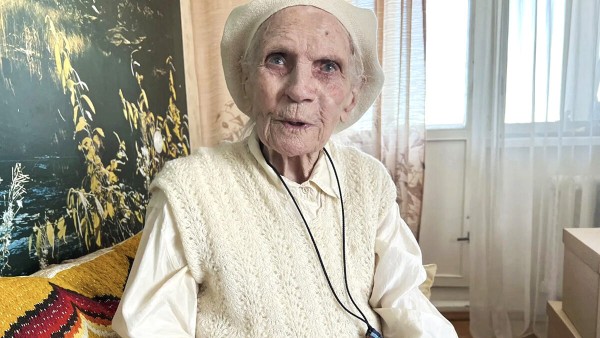In the Depths of Siberia, an Island of Estonian Culture Survives - Paul Goble
Staunton, August 11 – Six hundred kilometers from Krasnoyarsk is the village of Verkhny Suetuk, where to this day some 200 Estonians continue to speak their language, maintain their culture, and keep alive the memory of all those in their community who suffered under Soviet rule.
Founded 150 years ago by political exiles from among Estonians, Finns, Russians and Latvians, the village has maintained its identity residents say because of its Lutheran faith, Sibreal journalist Svetlana Khustik reports after a visit to what is now an unexpected island of Estonian culture (sibreal.org/a/30077453.html).
The name of the village combines a Russian word and an Estonian word, and residents have kept their culture alive by adapting, combining Estonian elements with Russian ones. Thus, they celebrate St. John’s eve not on June 23 as Estonian Estonians do but on July 7 when Russians mark Ivan Kupala’s day.
Jan Kenzap, one of the oldest Estonian residents of the village and the keeper of its history, says that at the end of the 19th century, the village had some 2,000 residents; now, there are only “about 200.” Some have moved back to Estonia, others have died, but those remaining have not given up their nationhood.
During most of the history of the village, there were conflicts among ethnic groups, mostly over women, of whom there were never enough. And until after World War II, few Estonians intermarried with Russians; and many of the older generation remain proud that they are not of “mixed” blood.
Kenzap himself is the product of one of the earliest mixed marriages. His mother married a Russian in the difficult year of 1947 even though she knew not a word of Russian. She took her husband’s name, Zolotukhin, but she kept the family name for her children – and consequently, Jan remains a Kenzap.
He says that the primary reason that Estonian culture has survived in his village is the Lutheran church. “We are all Lutherans,” he says, and attended church from 1888 when the first church was built until 1939 when the Soviets closed it. It was reopened only in 2003 with services in Finnish in the morning and Estonian in the evening.
As for himself, Kenzap says, he was baptized in secret because his father was a communist but has remained faithful to the church and has learned from its pastors, mostly women, the history and traditions of his people. That transmission belt continues to work to this day, he suggests.
The older generation speaks Estonian still but the Estonian of the 19th century; and when its members travel to Tallinn, many Estonians there do not understand everything they say. The younger generation speaks mostly Russian but understands Estonian as well, Kenzap continues.
After 1954, Estonians were allowed to return to Estonia from Siberia. Kenzap says he went there in 1973 and lived there for 20 years, making a good career. But he wasn’t fully comfortable with live there and returned to Siberia. Many others in the village, he suggests, have had similar experiences.
Kenzap took the SibReal journalist to the cemetery, a very Estonian thing to do. He showed her the monument to Estonians repressed under Stalin that was erected in 1987. Some 30 people from the village were among those shot in 1937. The monument was built with money not only from the villagers but from Estonia as well.
When it was dedicated, a delegation led by Edgar Savisaar came from the Estonian SSR. Since that time, it has been looked after by the villagers and kept in perfect condition because the Estonians of Siberia believe that they have an obligation to remember their history and respect the mem
Paul Goble: In the Depths of Siberia, an Island of Estonian Culture Survives
Eestlased Venemaal | 02 Sep 2019 | EWR
Eestlased Venemaal
TRENDING
























